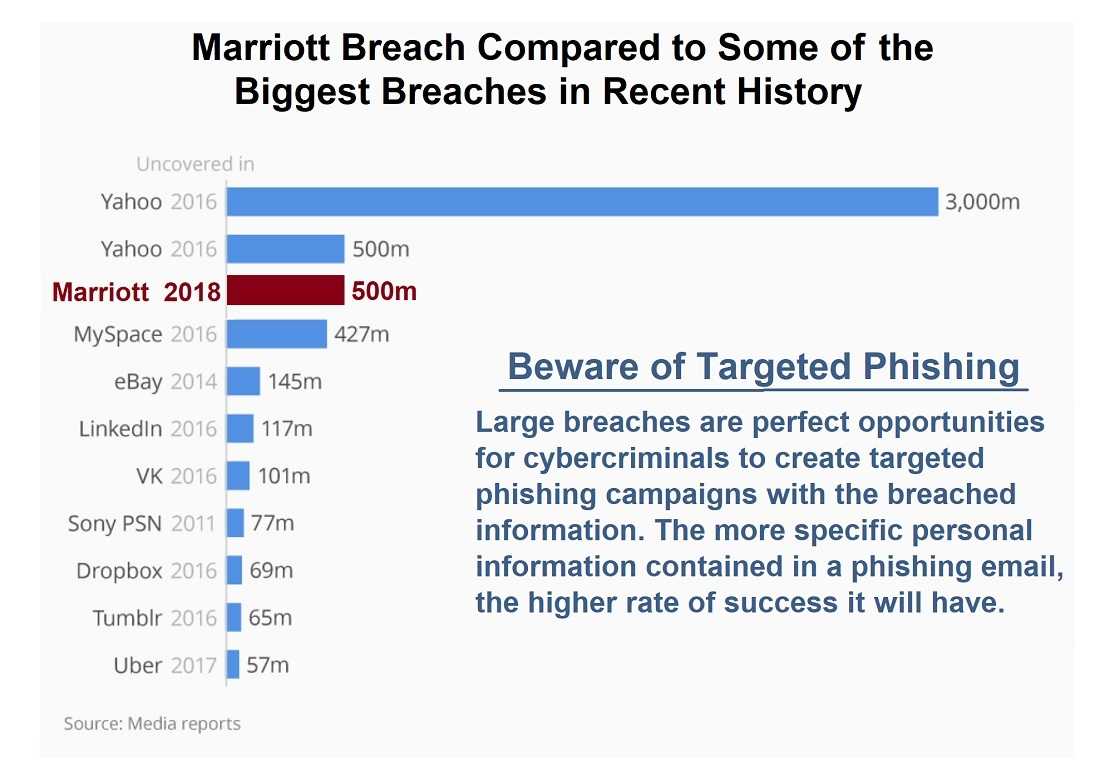
Photo by Shahadat Rahman on Unsplash
Marriott International Data Breach: Exploring the 2018 breach compromising guest information.

Analyzing the Marriott International Data Breach of 2018: An In-Depth Examination of the Compromise of Guest Information
In 2018, Marriott International, one of the world's largest hotel chains, experienced a significant data breach that exposed the personal and sensitive information of millions of guests. This technical analysis aims to delve into the intricacies of the Marriott International data breach, unraveling the attack vectors, scrutinizing the vulnerabilities exploited by the perpetrators, and extracting valuable insights for cybersecurity professionals and organizations.

Understanding the Attack Vector: The Marriott International data breach stemmed from a prolonged and sophisticated cyber attack that targeted the company's reservation systems. Attackers gained unauthorized access to Marriott's Starwood guest reservation database, which housed a vast trove of guest information, including names, addresses, phone numbers, email addresses, passport numbers, and even payment card data. The breach remained undetected for several years, allowing attackers to exfiltrate sensitive data without detection.

Exploiting Vulnerabilities in Reservation Systems: Central to the success of the Marriott International data breach was the exploitation of vulnerabilities in the company's reservation systems, particularly those inherited from the acquisition of Starwood Hotels & Resorts Worldwide in 2016. Attackers leveraged a combination of tactics, including malware infiltration, credential theft, and lateral movement within Marriott's network, to gain persistent access to the Starwood guest reservation database. Once inside, attackers exfiltrated vast amounts of guest information, compromising the privacy and security of millions of individuals.
The Impact and Fallout: The Marriott International data breach had profound consequences, both for the company and the affected individuals. Beyond the direct financial and reputational losses incurred by Marriott, the breach resulted in widespread concern among customers about the security of their personal information. Additionally, Marriott faced regulatory scrutiny and legal repercussions, including hefty fines under the European Union's General Data Protection Regulation (GDPR) and other data protection laws.
Lessons Learned: The Marriott International data breach underscores the critical importance of robust cybersecurity measures and diligent oversight of mergers and acquisitions. Key takeaways from the incident include the need for comprehensive security assessments, thorough due diligence processes, and proactive threat detection mechanisms to identify and mitigate vulnerabilities in complex IT environments. Additionally, organizations must prioritize data protection and privacy compliance efforts, including the implementation of encryption, access controls, and data breach response plans.

Moving Forward: In the aftermath of the Marriott International data breach, the hospitality industry has witnessed a renewed emphasis on cybersecurity and data protection. Companies are investing in advanced security technologies, such as endpoint detection and response (EDR) solutions, intrusion prevention systems (IPS), and security information and event management (SIEM) platforms, to enhance their cyber defenses and safeguard guest information. Additionally, industry collaboration and information sharing initiatives are helping to strengthen cybersecurity resilience and improve incident response capabilities across the hospitality sector.

Conclusion: The Marriott International data breach of 2018 serves as a sobering reminder of the persistent threat posed by cyber attacks and the imperative for organizations to prioritize cybersecurity measures. By learning from past incidents, implementing robust security controls, and fostering a culture of cybersecurity awareness, organizations can strengthen their defenses and mitigate the risk of falling victim to similar breaches. Through continuous vigilance, collaboration, and investment in cybersecurity best practices, we can collectively protect the integrity and privacy of guest information in the hospitality industry and beyond.

